Filter by
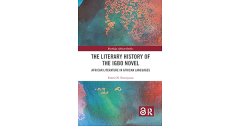
The Literary History of the Igbo Novel : African Literature in African Languages
This book looks at the trends in the development of the Igbo novel from its antecedents in oral performance, through the emergence of the first published novel, Omenuko, in 1933 by Pita Nwana, to the contemporary Igbo novel. Defining "Igbo literature" as literature in Igbo language, and "Igbo novel" as a novel written in Igbo language, the author argues that oral and written literature in Afric…
- Edition
- -
- ISBN/ISSN
- 9780367369613
- Collation
- 160 halaman
- Series Title
- -
- Call Number
- 800 EME l
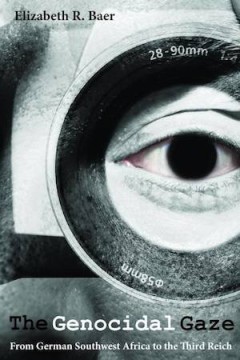
The Genocidal Gaze : From German Southwest Africa to the Third Reich
The first genocide of the twentieth century, though not well known, was committed by Germans between 1904–1907 in the country we know today as Namibia, where they exterminated hundreds of Herero and Nama people and subjected the surviving indigenous men, women, and children to forced labor. The perception of Africans as subhuman—lacking any kind of civilization, history, or meanin…
- Edition
- -
- ISBN/ISSN
- 9780814343852
- Collation
- -
- Series Title
- -
- Call Number
- 900 BAE g
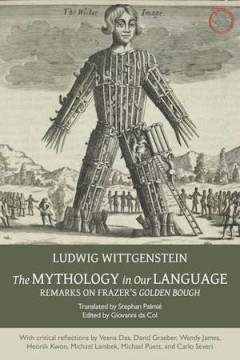
Vitality and Dynamism: Interstitial Dialogues of Language, Politics, and Reli…
Post-colonial theory recognizes that European and American scholars have traditionally defined the themes that are of interest in literary criticism; in Moroccan studies, these themes have tended toward questions of migration, identity, secularism, and religious fanaticism typically questions regarding Morocco in its relationships with colonizing nations. This book intends to re-define the them…
- Edition
- -
- ISBN/ISSN
- 9789087282134
- Collation
- -
- Series Title
- -
- Call Number
- -
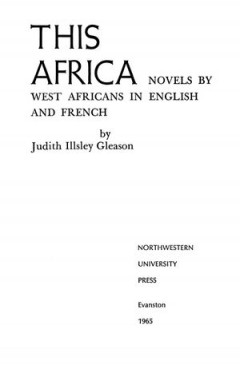
This Africa: Novels by West Africans in English and French
This Africa is both a literary history and a survey of the West African novel. Gleason explores seventeen novels in French and eight in English, developing a framework of literary criticism that includes the conqueror, the hero, city life, village life, and personal identity. Authors whose works are studied include Chinua Achebe, Cyprian Ekwensi, Mongo Beti, and Camara Layer.
- Edition
- -
- ISBN/ISSN
- 9780810139527
- Collation
- -
- Series Title
- -
- Call Number
- -
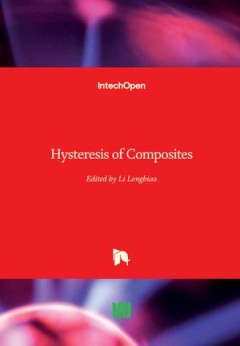
Privately Empowered: Expressing Feminism in Islam in Northern Nigerian Fiction
Privately Empowered responds to the lack of adequate attention paid to Islam in Africa in comparison to the Middle East and the Arab world. Shirin Edwin points to the embrace between Islam and politics that has limited Islamic feminist discourse to regions where it evolves in tandem with the nation-state and is commonly understood in terms of activism, social affiliations, or struggles for lega…
- Edition
- -
- ISBN/ISSN
- 9780810133693
- Collation
- -
- Series Title
- -
- Call Number
- -
 Computer Science, Information & General Works
Computer Science, Information & General Works  Philosophy & Psychology
Philosophy & Psychology  Religion
Religion  Social Sciences
Social Sciences  Language
Language  Pure Science
Pure Science  Applied Sciences
Applied Sciences  Art & Recreation
Art & Recreation  Literature
Literature  History & Geography
History & Geography